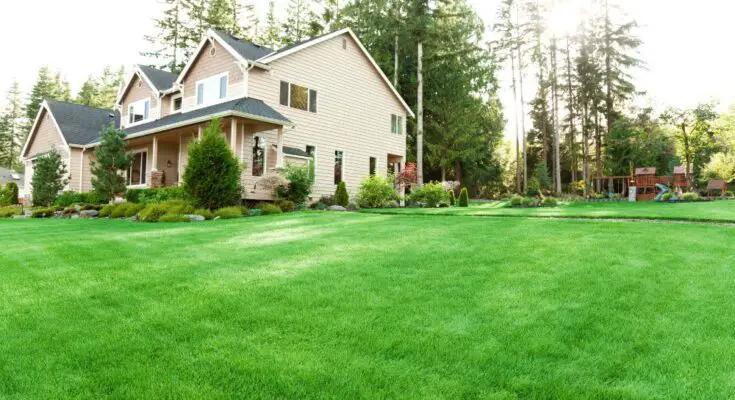Roofing is an essential component of any structure, providing protection from the elements while contributing significantly to the overall aesthetic and structural integrity of buildings. Whether for residential homes or commercial businesses, reliable roofing solutions are critical to ensuring safety, longevity, and energy efficiency. Understanding the various types of roofing options available, along with their benefits and limitations, can help homeowners and business owners make informed decisions about their roofing needs.
When assessing roofing solutions, one must consider the types of materials available on the market. Traditional options, such as asphalt shingles, wood shakes, and tile roofs, continue to be popular due to their affordability and aesthetic appeal. Asphalt shingles, in particular, are widely used for their cost-effectiveness and ease of installation. On the other hand, metal roofing has gained traction in recent years due to its durability and energy efficiency, often lasting longer than traditional materials. Furthermore, for those looking to incorporate eco-friendly solutions, options such as green roofs or solar panels present innovative ways to enhance a building’s utility while mitigating environmental impact. One also needs to consider the source of labor as well and geography. For example, one might need to find trusted roofing contractors in Florida.
In addition to the type of material, the quality of installation plays a crucial role in the reliability of roofing solutions. Proper installation can extend the lifespan of a roof significantly, reducing the need for repairs and replacements. Homeowners and business owners are advised to engage licensed and experienced roofing contractors who adhere to industry standards and local building codes. Furthermore, regular maintenance checks can mitigate potential issues, such as leaks and structural damage, which can arise due to weather-related wear and tear or subpar installation practices. A proactive approach to maintenance not only extends the life of the roofing system but can also save significant expenses in the long run.
Moreover, seasonal factors and climatic conditions must also be taken into account when selecting roofing solutions. Regions experiencing harsh winters may benefit from materials that withstand heavy snowfall, while areas with intense heat may require roofing systems designed to reflect sunlight and minimize heat absorption. For instance, cool roofs, which are designed with reflective materials, can significantly reduce energy costs in warmer climates. Understanding local conditions and potential weather-related challenges ensures that the selected roofing solution not only meets aesthetic preferences but also functions effectively under specific environmental stresses.
In conclusion, reliable roofing solutions for homes and businesses comprise a careful consideration of materials, installation quality, maintenance, and environmental factors. By selecting the right roofing system and implementing regular maintenance practices, property owners can protect their investments while enhancing energy efficiency and aesthetic appeal. Ultimately, investing in reliable roofing not only ensures the safety of the occupants but also contributes to the overall sustainability and value of the property. As such, making informed choices about roofing is vital for anyone looking to improve their home or business infrastructure.



